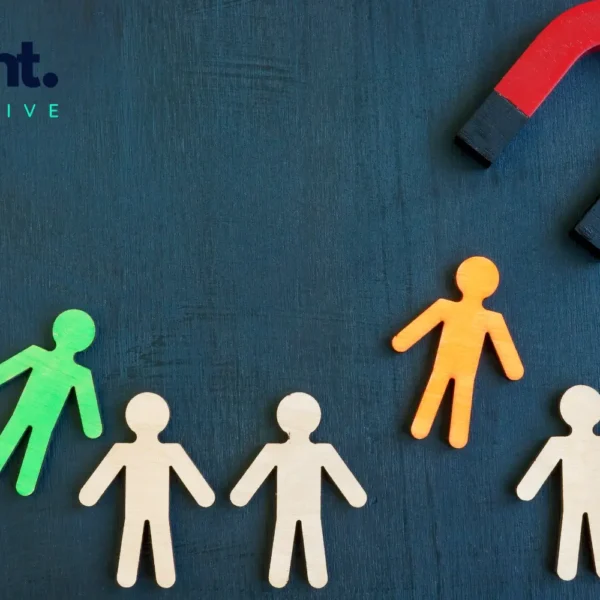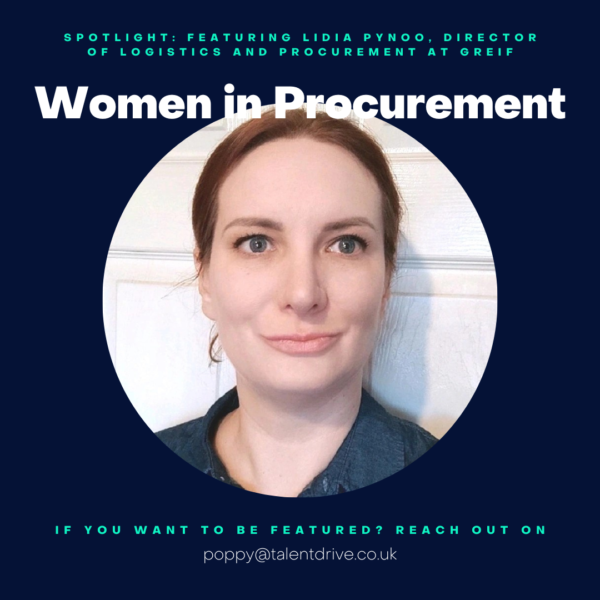How did the UK healthcare profession tackle unprecedented shortages and demands during a global pandemic? In this episode of Talent Talks, Martin Smith talks to Andrew Jones, Owner & Director or Expert Procurement and current Director of Procurement at Aspen Healthcare.

Andrew discusses sourcing PPE during a global shortage, the future role of adaptability in choosing products, collaborating across professions and key considerations for building a procurement team.
In this series of short bonus Talent Talks episodes, Martin Smith interviews leading procurement professionals from a range of brands about their views and experiences on the effects of the current COVID-19 pandemic.
This episode of Talent Talks covers:
- Bringing people back into health care
- PPE supply
- Impacts of panic buying
- Long-term impacts on the procurement industry
- Adaptability in purchasing
- Collaborating across professions
Links & References:
- Talent Drive: https://talentdrive.co.uk/
- Martin Smith: https://www.linkedin.com/in/martinsmith2009/
- Expert Procurement: http://www.expert-procurement.co.uk/
- Andrew Jones: https://www.linkedin.com/in/andrewkjones1
- Get in touch: info@talentdrive.co.uk
Episode Highlights:
“There was definitely an adequate supply of PPE when this kicked off. I know that it was in deep storage and I know it’s been difficult to get the stuff out of deep storage. So I think they’ll probably look at that moving forward. But I think there was sufficient stocks, there was just a complete collapse of the supply chain to support it to get it to the relevant places, when required. Within the NHS that they just could not cope with the demands because they went from the daily average sales of about 8 million up to at one point it was peaking at 18 million. You know, to be fair, no supply chain can cope with that sort of increase overnight now. So yeah, and obviously, I think people panicked. ” 9.21 – Andrew Jones
“This is definitely a positive for procurement. It has put procurement front and centre of organisations and maybe people realise now, that the supply chains, the materials, functions, the people that you don’t see very are absolutely key to your business. Because, frankly, if we couldn’t get a hold of PPE, we’d have to shut the doors, you could not treat patients. But also clearly you were potentially putting a lot more people’s lives at risk. If you weren’t able to provide, you know, a mask or an apron or a gown, you were potentially putting your nursing staff at risk, so you had to hold corporate manslaughter stuff, and you are putting your patients at risk. So, you know, I think it has brought to the fore, just how important procurement is to any business.” 12.46 – Andrew Jones
“Certainly in healthcare the consultants are very used to using certain types of product, they get very used to it, they trained on it, or you know. Suddenly if that product is not available, they’ve had to be a bit more adaptable as well. I think we’ve all had to be, undoubtedly we’ve all gone to a supermarket and not bought the brands that we always used to use because it’s not been there. So we’ve tried another one, and thought actually it’s not too bad, you’ve probably tried different supermarkets. So I think more adaptability, there are things that we have done over the last six weeks that generally would normally take sort of six years to do, and we’ve just gone, “we’ve got no option, we have to do it.” And when you do it, and you go, “Okay, well, it’s not too bad. Let’s keep going.” So I think again, we’ve got more opportunity to challenge the way things have been done in the past.” 19.41 – Andrew Jones
“One of the bugbears for me, certainly is the trialling process. It’s laborious. I understand why you have to trial. But I think sometimes you’re trialling a product that is used widely in other industries. Well, if it’s good enough for them, why isn’t it good enough for us? And I think trialling is often used sometimes as an opportunity to not to do something. Just look at just look at the trialling of a vaccine, for instance, it would normally take years and years and years to come up with and we’re actually talking about it happening in the next 12 months. So some of those processes that you normally would have to step through to get to the end point I think will be certainly reduced significantly.”


